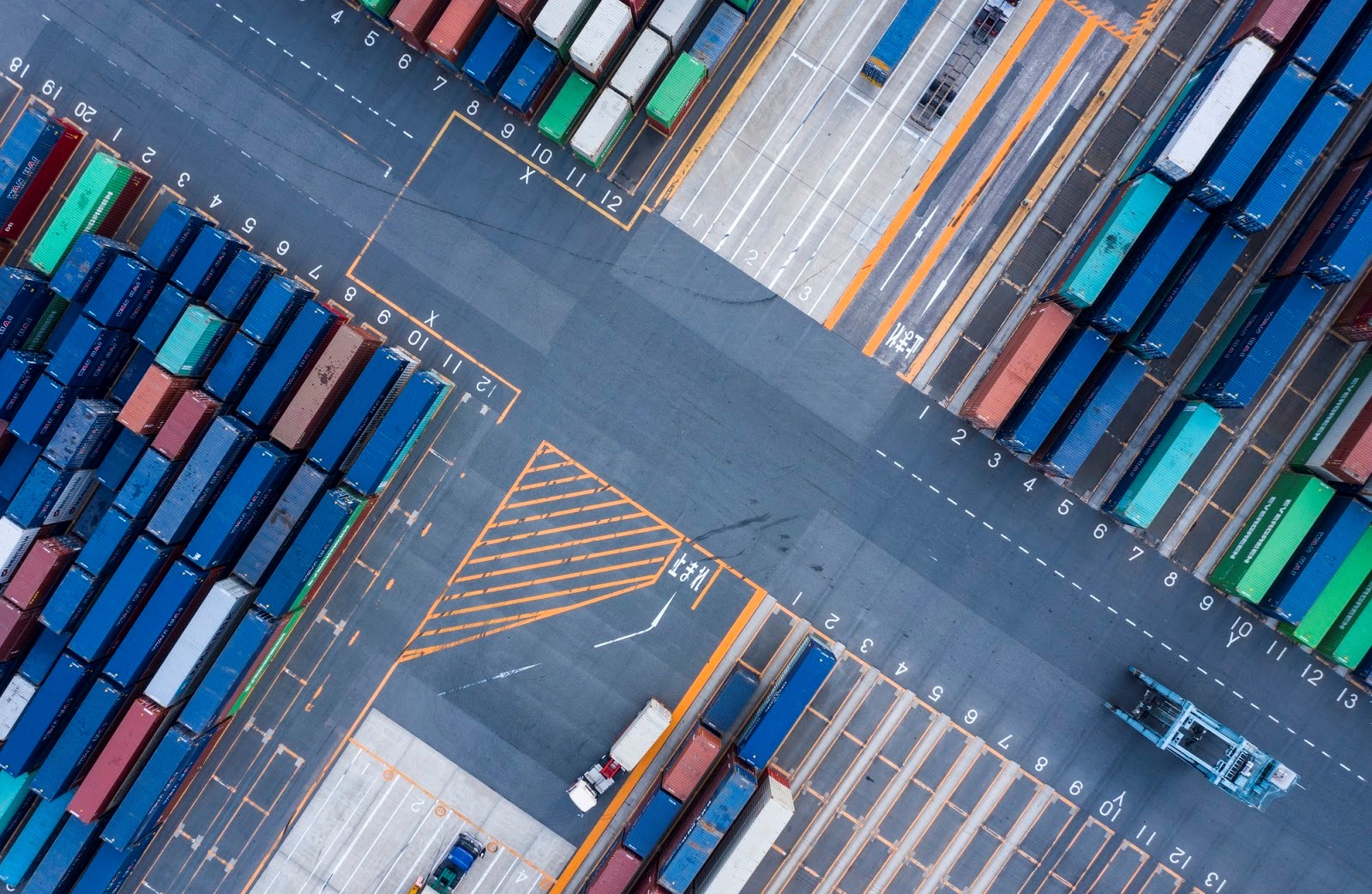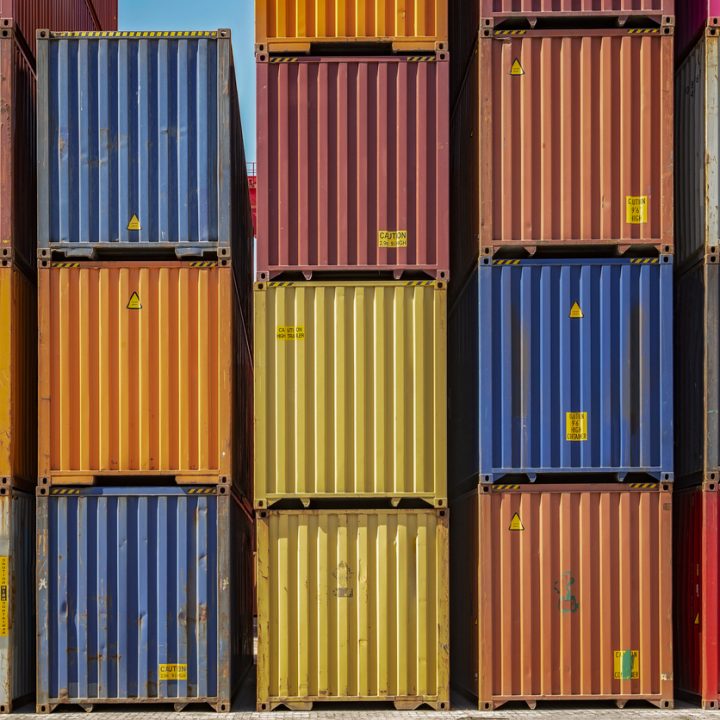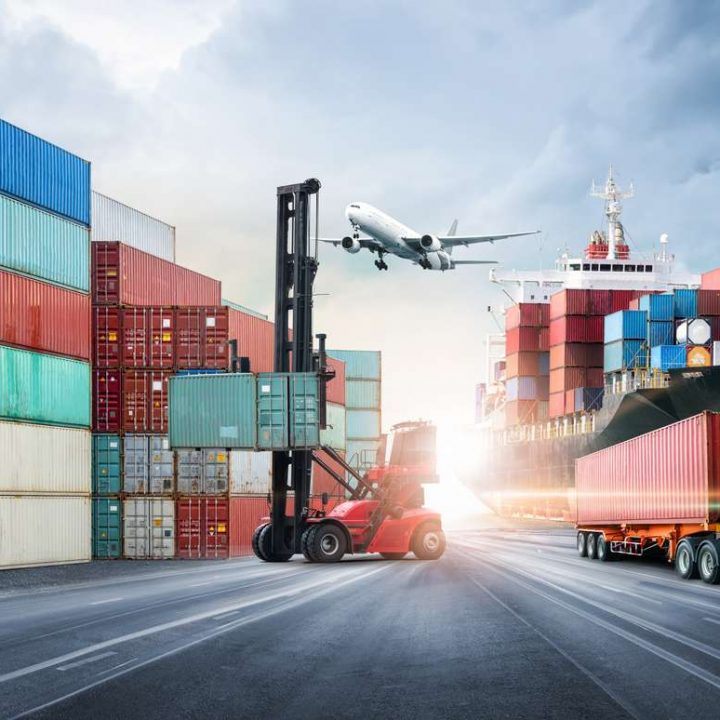Whether it’s on the road, by sea or by air, freight plays an important role in transporting goods, raw materials and produce to where they need to be. It’s a process that you may have been totally unaware of, but without it, the transportation of products would take longer, be more expensive and make getting hold of some overseas imports far more difficult.
The Department for Transport recorded a total of 483.3 million tonnes in freight handled by UK ports in 2018 alone and according to Statista, between 2006 and 2018, an average of 179,763 million tonne-kilometres of freight was transported by all inland modes of transport in the UK. Freight is used as a method of logistical transport across the world and the gradual growth in demand is met by companies that are capable of delivering freight solutions.
However, if you’re unaware of the term or simply never had to use a freight service, you may be wondering exactly what it is and how it plays such a large role in global logistics. In this blog, we explain what is meant by freight, how freight services work and show why it’s an essential operation for countless companies around the world.
What does freight mean?
The term freight is given to any goods that are being transported using a lorry, train, ship or plane. Often used commercially, freight transportation allows for products to be moved nationally or internationally in bulk.
Freight shipping is typically carried out by fitting the goods onto pallets, storing them in shipping containers, loading the containers onto the necessary form of transport and moving them to the required destination. The freight will typically start with the manufacturer or seller and change hands several times before reaching its destination, moving across different regions and possibly even countries in the process.
Despite the many considerations such as custom charges, custom clearance fees, several methods of transportation, handling costs and surcharges which naturally come with moving hefty items long distances, freight companies will often consolidate all of these fees into a single charge for their services. This approach is often far more cost-effective for companies that require items to be transported frequently.
What are freight services?
Operated by logistics companies, freight services allow you to move items across the globe in a way that suits your needs and caters to any and all potential restrictions. For instance, if you work on behalf of a business that provides large items or items in high quantities, freight services can be an ideal solution.
Not only will you often be able to create a long-lasting working relationship with a freight company that works alongside your business to ship products on a frequent basis, but you can also arrange for the deliveries to be made under specific time restrictions and via a method of transport that is best suited to you.
Many companies use freight services for transporting goods in high numbers and on a regular basis. One of the benefits of using a freight service is that operating in this way is better from a financial standpoint, as transporting a large quantity of the same item in one shipment may be more cost-effective than the total fee for shipping one item at a time.

What is freight transport by road?
A common form of freight transportation is carried out via roads using motor vehicles that can withstand and cater to large, heavy loads. Often known as road freight, this process is designed for lorries and other heavy goods vehicles (HGVs) that can travel the length of the country through sticking to motorways and main roads.
Advantages from choosing the type of freight transport over moving products via sea or air are that it can be significantly cheaper and that a vehicle is more capable of reaching specific areas, especially in the countryside. However, there can be a mixture between road freight and sea freight, as some vans and lorries are required to transport goods across mainland Europe, for example, after being transported across the English Channel via a ferry.












